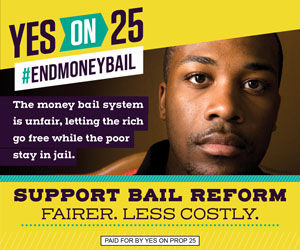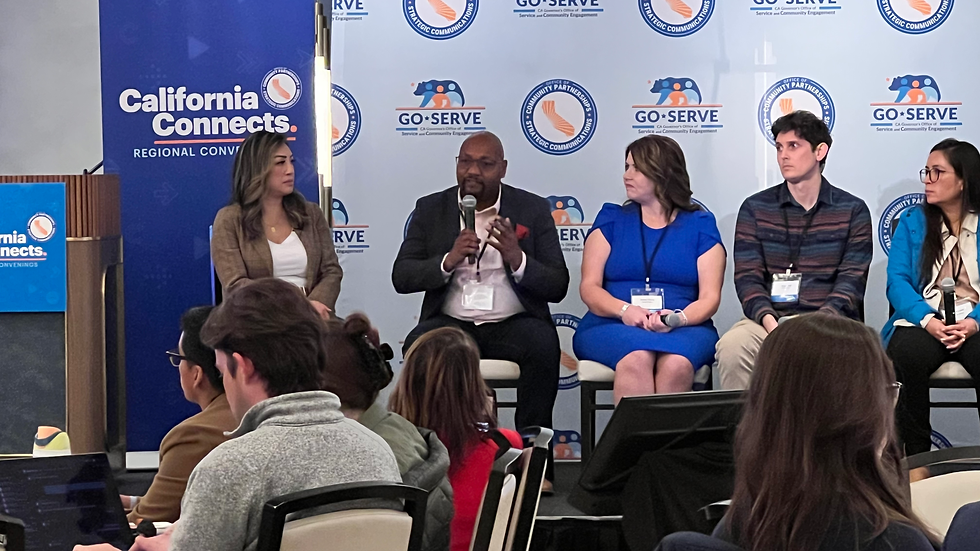COVID-19 is suffocating the arts and culture world; now the public will experience the backlash
- The ONME Newswire

- Oct 4, 2020
- 3 min read
Updated: Oct 8, 2020
By SUNITA SOHRABJI/EMS Contributing Editor and ONME Newswire
The COVID-19 pandemic has largely decimated the arts scene in California, wiping out local theater companies, many of which offer a cultural lifeline to their communities.
Even before shelter-in-place orders were mandated across the state, many live performance venues had already curtailed their calendar of events, mindful of community spread in enclosed spaces which did not allow for social distancing. Museums have also been shuttered since early March, and speaking and literary engagements have also been canceled.
In the Central Valley, the African-American Museum and Arte Americas Museum have had to change course, finding ways to collaborate with other art and culture museums virtually.
On Friday, show host Julia Dudley Najieb of the ONME News Review: recapped on the Sept. 11 Ethnic Media Service Briefing, highlighting the two expert women in the art and culture sector: Kristin Sakoda, director of the Los Angeles County Department of Arts and Culture and comedienne, Kristina Wong, who has been performing her one-woman show “Kristina Wong for Public Office,” as one of the newly unemployed. Dudley Najieb reiterated the need for people to support the arts; without it, not one person would be able to watch videos on their phones, shows on their TVs, or attend theater and dance productions, (watch FULL above video.)

Sakoda mentioned that nationwide, the arts sector lost about 12 billion in revenue. Los Angeles County — home to the most vibrant arts scene in the country with more than 200 museums and art galleries, 300 theaters, and hundreds of live music venues — has suffered a $20 million loss in arts revenue over the past six months.
50 percent of arts organizations in the county are worried they will not survive the pandemic, she said, noting that many have had to furlough or lay off staff.
Even before the pandemic, most arts organizations were under-capitalized, said Sakoda. “A lot of community based organizations or smaller budget organizations that really reflect and serve communities of color often don’t have the same access to donors or to large amounts of capital.”
“We can’t turn away from art. We need the Arts to be part of recovery efforts,” said Sakoda, pointing to studies that showed correlations between cultural resources in communities and better public safety, education, and health outcomes.
The Los Angeles County Department of Arts and Culture is using $10 million of CARES Act funds to distribute as grants to small and mid-size arts venues.
The U.S. is home to about five million artists, the majority of whom found themselves unemployed as the pandemic hit. Comedienne Wong, the performance artist, who riffs on President Donald Trump’s miscreant behavior as part of her act, said that she was performing at a community college in Sacramento. A half hour before her show was scheduled to end, students got a text message on their phones stating that classes would go online the following day.
“I had lined up a whole national tour, which was postponed. And suddenly, I had no income,” she said.
Wong has adapted, in the manner of many arts venues, moving her show online from her home. “You know I could have had today’s rally on tour in Hawaii or New England where I was supposed to actually be this week, but I was like, you know what? No, thanks. Give me an audience that’s curled up in bed, or sitting upright at their desk at home, putting their kids in the other room during a global pandemic, because they are the audience now,” she joked.
Being able to monetize the show has been difficult: Wong is facing the challenges many arts venues are struggling with as they move their content to a digital format. Some have had success with virtual donation buckets, while others are offering a series subscription, with added perks for subscribers.
The comedian received a small Paycheck Protection Program loan via the Small Business Administration, which has allowed her to stay afloat, and amass an army of volunteer seamstresses who sew face masks for low-income communities.
#AAHCMSJV #AfricanAmericanMuseum #ArteAmericas #artsandculture #COVID19 #artists #EMS #ONR #ONMENews #BlackMedia #BLackNews #JuliaDudleyNajieb #BlackPodcasts #ONMENews










Comments